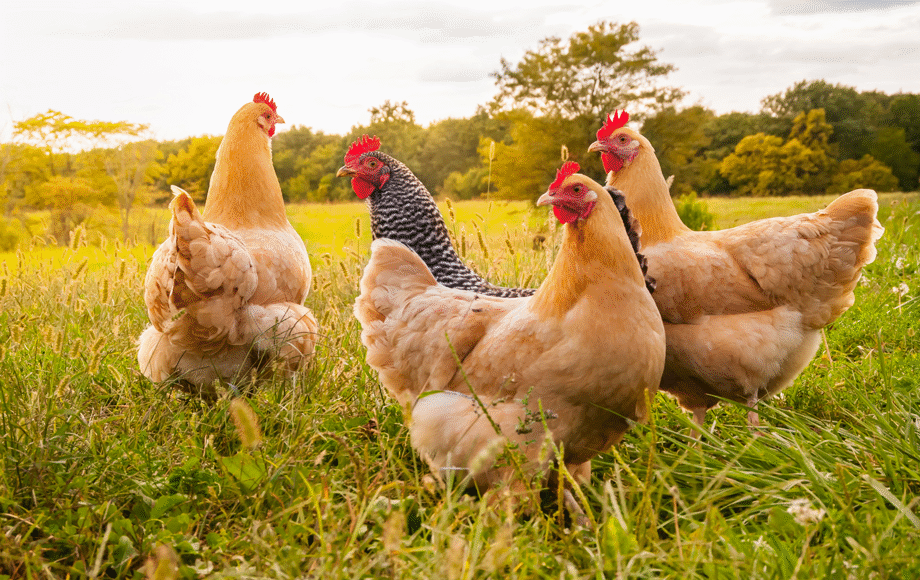Raising chickens can be a rewarding endeavor for many poultry enthusiasts. However, it also comes with its fair share of challenges, one of which is dealing with chicken mites. These tiny pests can cause significant stress to your flock, affecting their health and egg production. Fortunately, there are several natural remedies available to treat and prevent chicken mites. In this guide, we will explore these remedies, helping you maintain a healthy and happy flock.

Understanding Chicken Mites
Before diving into the remedies, it’s essential to understand what chicken mites are. These are small parasitic insects that feed on the blood of chickens. Infestations can lead to anemia, decreased egg production, and even death if left untreated. Recognizing the signs of mites, such as feather loss, restlessness, and pale combs, is crucial for early intervention.
Why Opt for Natural Remedies?
Many chicken owners prefer natural remedies over chemical treatments for several reasons. Natural solutions are less likely to have harmful side effects on your chickens, the environment, and even the people handling the flock. Additionally, natural remedies often improve overall coop hygiene and contribute to the well-being of your chickens.
Diatomaceous Earth
Diatomaceous earth is a popular natural treatment for chicken mites. It is made from the fossilized remains of tiny aquatic organisms called diatoms. When applied to the chickens’ environment and directly on their feathers, it can help eradicate mites by dehydrating them. Ensure you use food-grade diatomaceous earth and apply it safely to avoid respiratory issues in your flock.
Herbal Sprays
Herbal sprays made from essential oils such as peppermint, tea tree, and lavender can be effective in repelling mites. These oils have natural insecticidal properties and can be used to clean the coop and even applied to the chickens’ feathers. Always dilute essential oils properly before use to avoid skin irritation.
Garlic and Apple Cider Vinegar
Both garlic and apple cider vinegar are commonly used in poultry care for their health benefits. Adding garlic to your chickens’ diet can help boost their immune system, making them less susceptible to mites. Apple cider vinegar, when added to their drinking water, can improve digestion and overall health, creating an unfavorable environment for mites.
Dust Baths
Dust baths are a natural behavior of chickens that can help them combat mites. Providing an area with loose, dry dirt or sand where chickens can roll around will help them clean their feathers and remove mites. You can enhance the effectiveness of dust baths by adding wood ash or diatomaceous earth.
Maintaining a Mite-Free Coop
In addition to treating your chickens, maintaining a clean and hygienic coop is vital in preventing mite infestations. Regularly clean the coop, replace bedding, and disinfect surfaces. Consider nesting tips to ensure your chickens have a comfortable and mite-free environment.
Proper Ventilation
Ensure your coop is well-ventilated to reduce moisture levels, as mites thrive in damp environments. Proper airflow will help keep the coop dry and less hospitable to mites.
Regular Inspections
Conduct regular inspections of your chickens and their living areas to catch any signs of mite infestations early. This proactive approach can save you time and effort in the long run.
Natural Predators
Encouraging natural predators of mites, such as certain beetles and spiders, can help keep mite populations in check. These beneficial insects can be an ally in your fight against mites.
Conclusion
Treating chicken mites naturally is not only possible but also beneficial for your flock’s health and the environment. By incorporating these natural remedies and maintaining a clean coop, you can effectively manage and prevent mite infestations. Embrace these natural solutions to ensure your chickens remain healthy and productive.
For more tips on backyard chicken care, visit our website. Additionally, you can learn about apple cider vinegar usage for chickens.

FAQs
How often should I apply diatomaceous earth?
It is recommended to apply diatomaceous earth once a week or as needed, especially during peak mite seasons.
Can I use essential oils directly on my chickens?
No, essential oils should be diluted before application to avoid skin irritation or other adverse effects.
What is the best way to clean a mite-infested coop?
Thoroughly clean the coop by removing all bedding, scrubbing surfaces with soapy water, and applying a natural mite repellent. Ensure the coop is dry before adding new bedding.
This article contains affiliate links. We may earn a commission at no extra cost to you.











